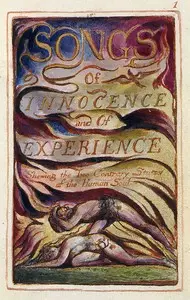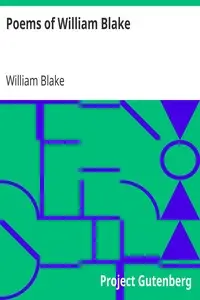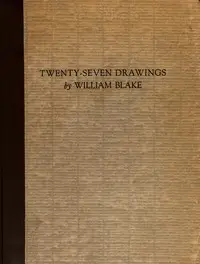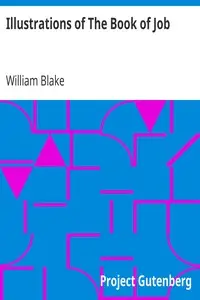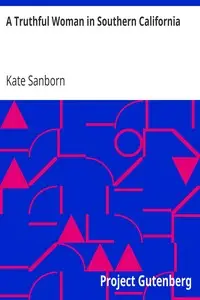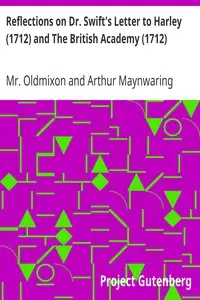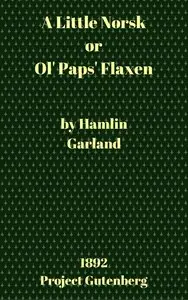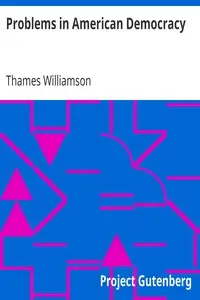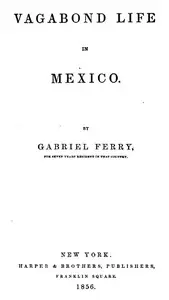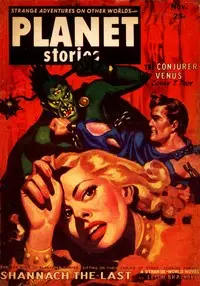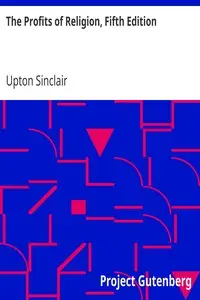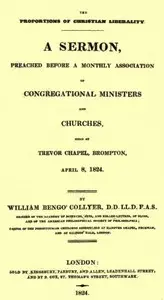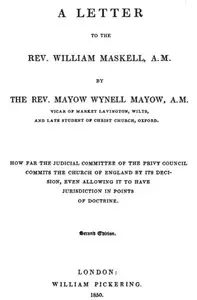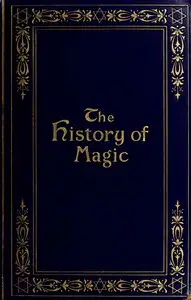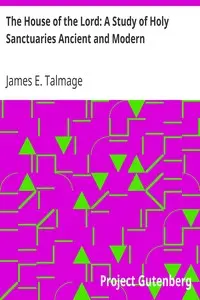"The Marriage of Heaven and Hell" by William Blake is a poetic work written in the late 18th century. This collection of philosophical writings and poetry explores the nature of good and evil, reason and energy, and the interplay of desire and restraint. It innovatively challenges traditional views of morality and spirituality, proposing that opposites are necessary for human existence and that energy, often labeled as "evil," is vital for understanding human experience. The book presents a series of provocative and imaginative ideas, conveyed through a combination of prose and verse. It opens with an argument regarding the necessity of contraries, positing that the division between good and evil is a construct of human perception. Blake employs the character of the Devil to voice dissenting ideas against conventional religious beliefs, advocating for the acceptance and celebration of human desires. Through memorable fancies and proverbs of hell, the text critiques societal norms and religious doctrines, emphasizing that true understanding and liberation come from embracing one's inherent energies and desires. The work is rich with allegory and has had a lasting impact on literature and philosophy, inviting readers to reconsider their perspectives on morality and existence. (This is an automatically generated summary.)
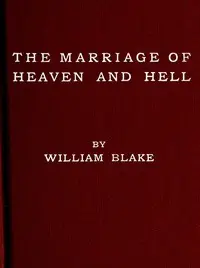
The Marriage of Heaven and Hell
By William Blake
"The Marriage of Heaven and Hell" by William Blake is a poetic work written in the late 18th century. This collection of philosophical writings and po...
William Blake was an English poet, painter, and printmaker. Largely unrecognised during his life, Blake has become a seminal figure in the history of the poetry and visual art of the Romantic Age. What he called his "prophetic works" were said by 20th-century critic Northrop Frye to form "what is in proportion to its merits the least read body of poetry in the English language". While he lived in London his entire life, except for three years spent in Felpham, he produced a diverse and symbolically rich collection of works, which embraced the imagination as "the body of God", or "human existence itself".


